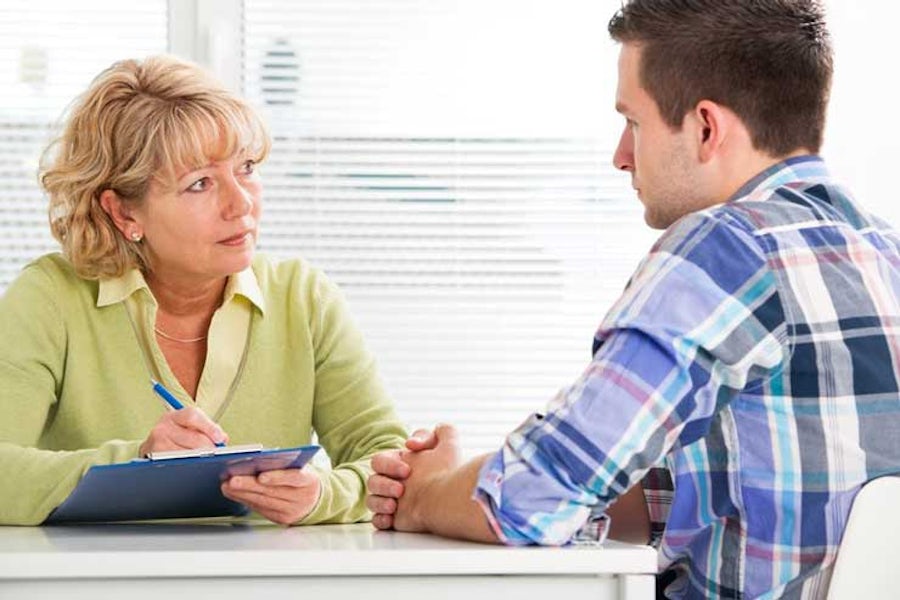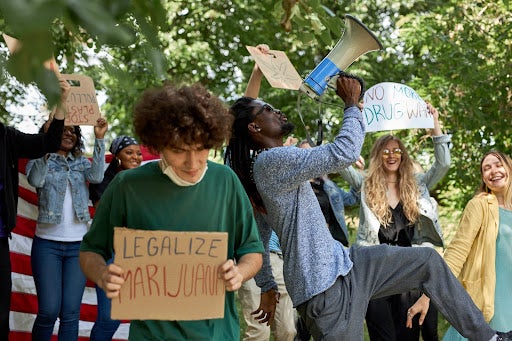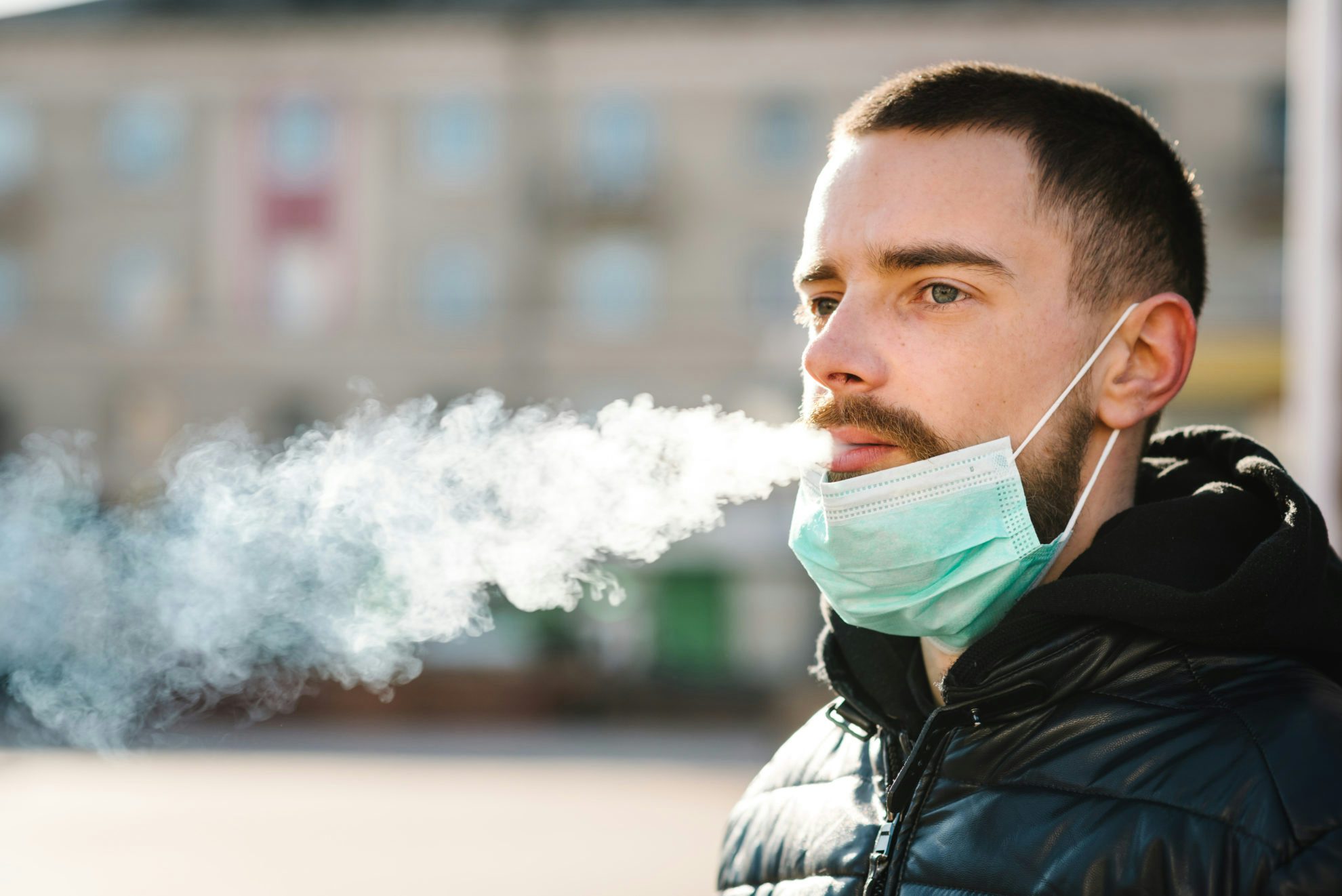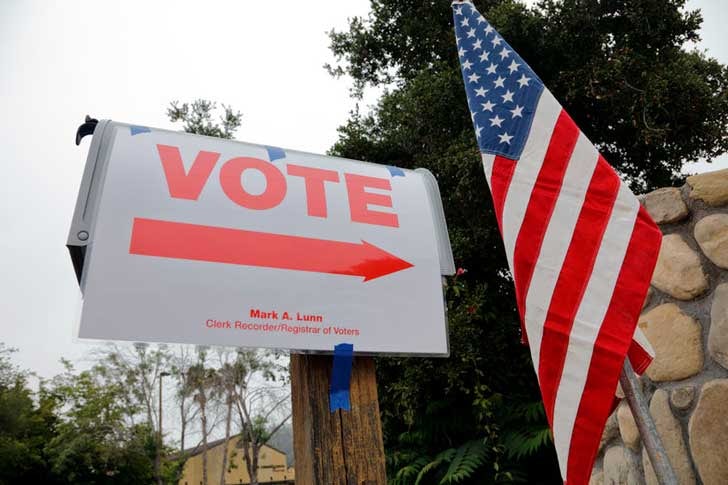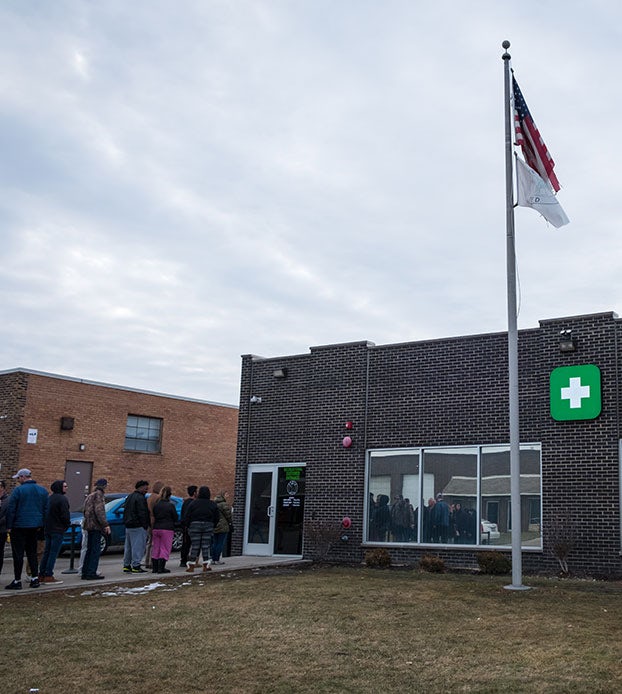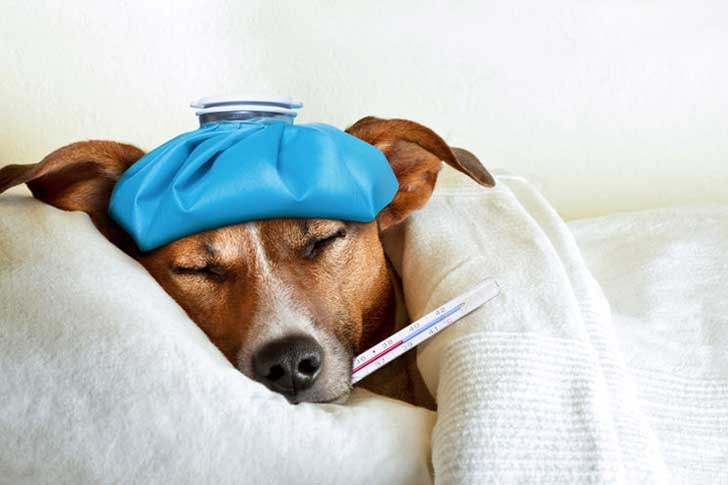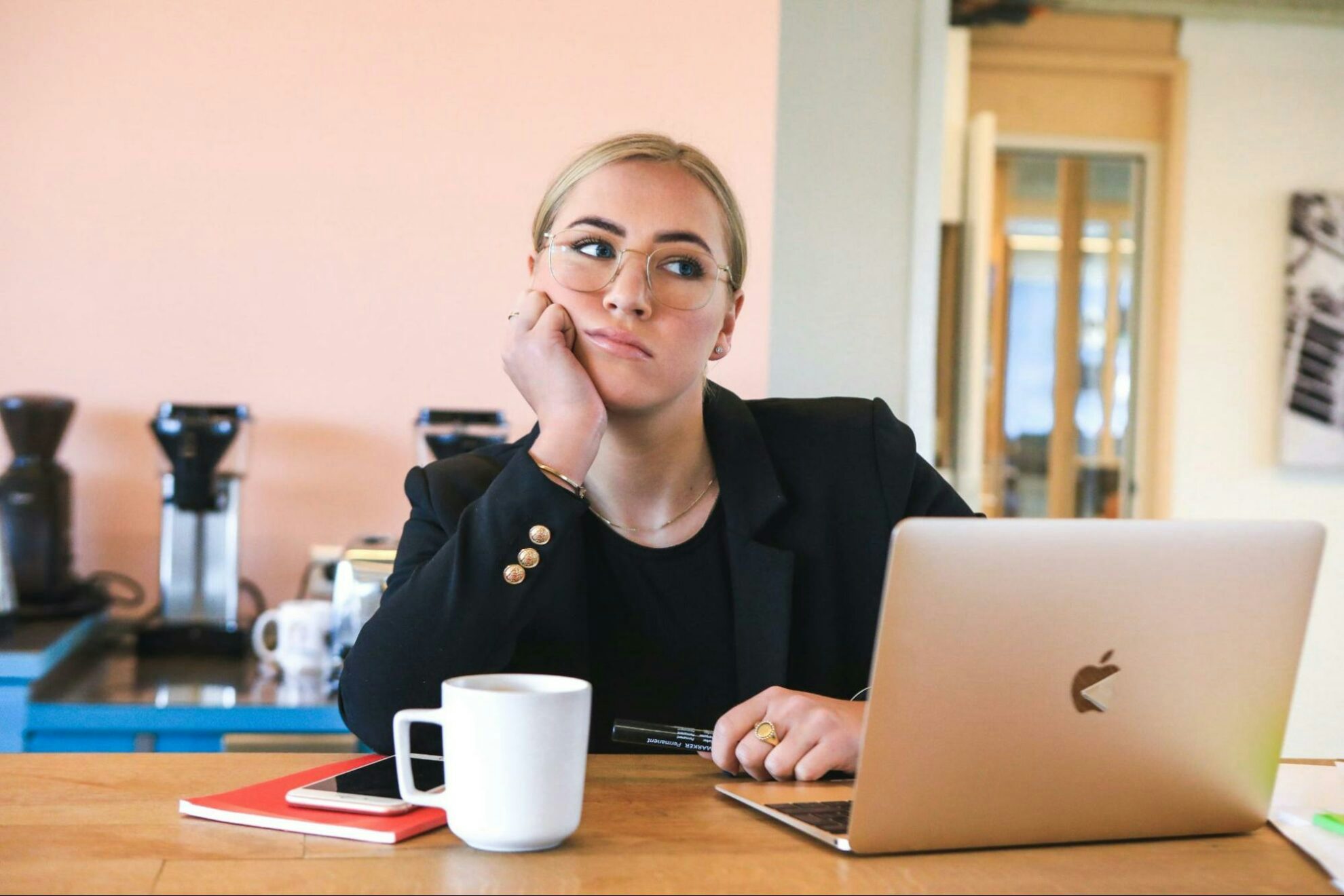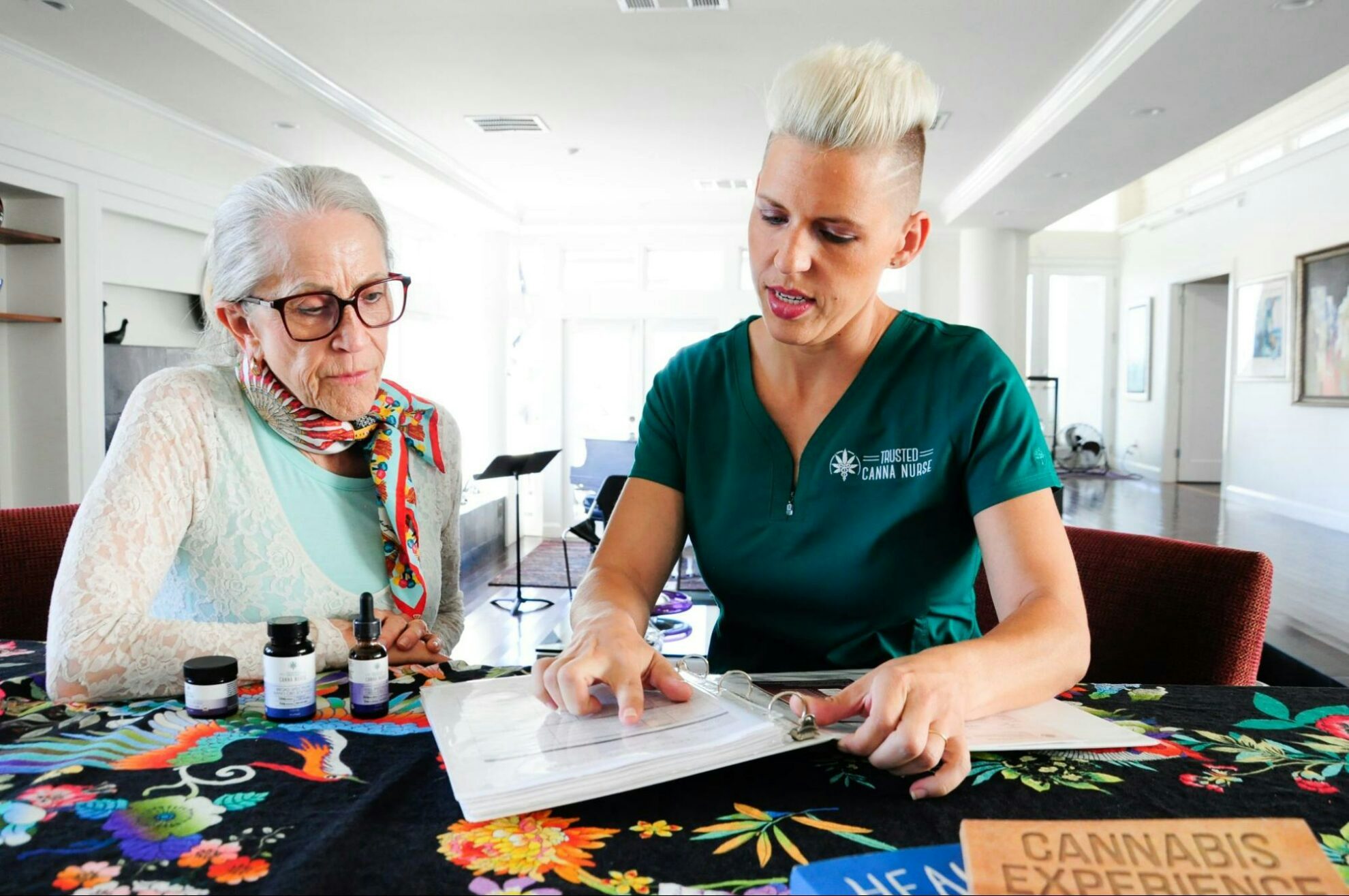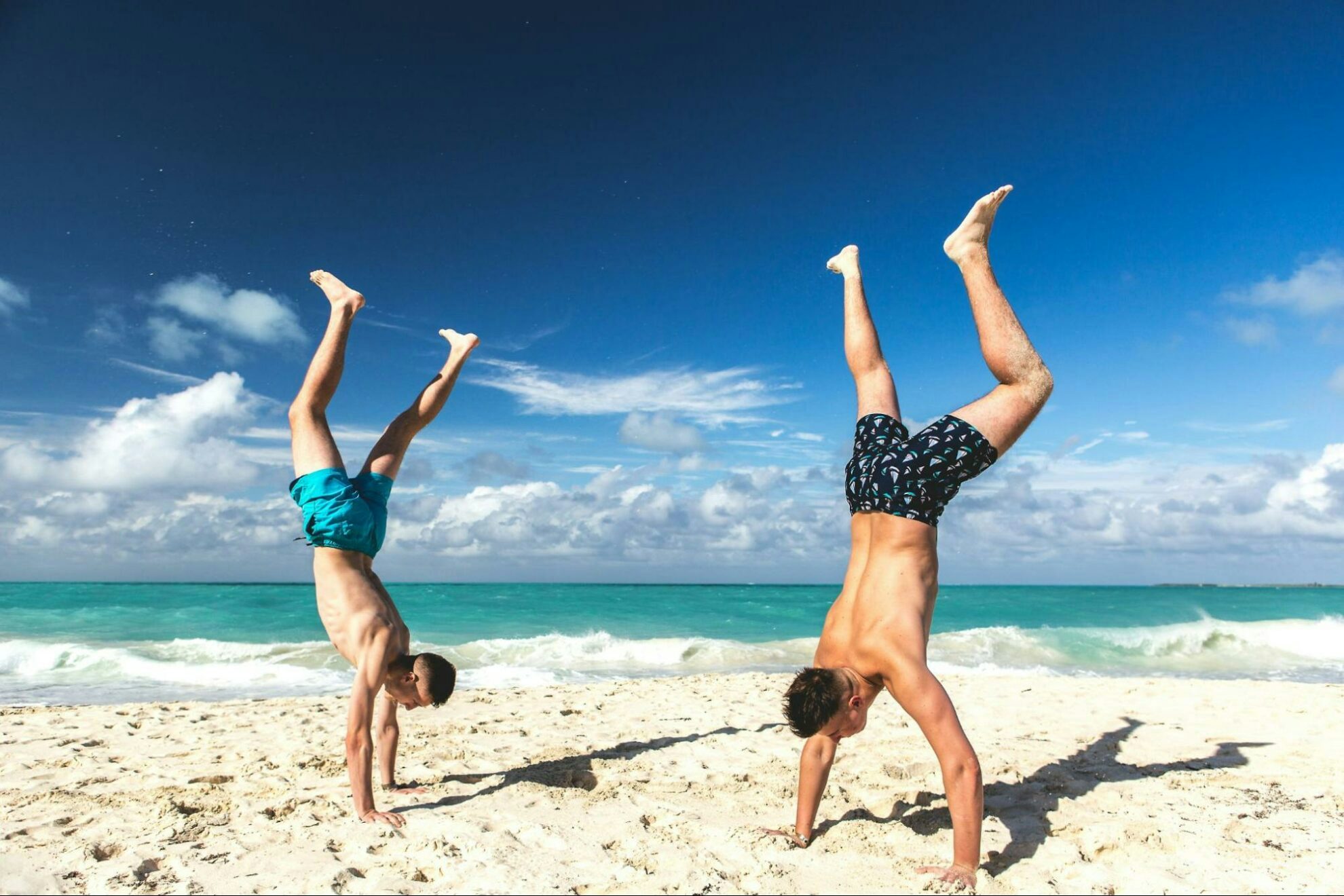It’s 9 a.m. in the lobby of the Texas Tech University student recovery center and a supervisor has just clocked in for his morning shift. Minutes later, students start trickling in for a morning chat or to catch up with friends.
They’re dealing with a host of abuse issues, ranging from alcoholism to sex addiction and others, and finding comfort in support groups made up of their peers.
They also happen to be in all different corners of the country and even overseas, meeting in a recovery center that has moved to Zoom, just like so much else in our new online reality.
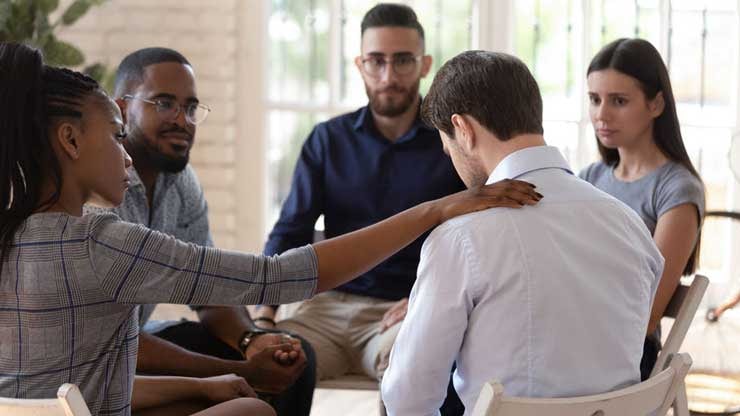
George Comiskey, associate professor of practice, addictive disorders and recovery Studies, is one of the Texas Tech faculty members who helps run the recovery center. There are about 120 students in the program. They used to meet in person at the cafe in the lobby of the campus recovery center — until the university cancelled its on-campus classes in mid-March, and moved all courses online to comply with the social distancing requirements of the coronavirus outbreak.
The cancellation saw the students scattered across the country and beyond, where they suddenly found themselves in lockdown back home with their families, and away from the support community they had built.
The benefit of going completely anonymous
“The last three weeks for our staff and the people we work with has been about how we keep our students connected,” Comiskey said.
“We see the [students’] anxiety about how their lives look like, what classes will be like,” he continued. “So for students who have been face to face in recovery this is a whole new world.”
The program has created virtual meetings, including Narcotics Anonymous and Alcoholics Anonymous, as well as programs for sex addiction, self harm, and children of alcoholics. Online, the students also have the benefit of going completely anonymous, and are in charge of running the meetings themselves, Comiskey added.
Unique pitfalls of isolation
But how do you keep people in recovery from relapsing when they’re suddenly cast out of their in-person support program, while also facing a pandemic, quarantines, and a bizarre new reality that is stressful even for people who aren’t grappling with addiction?
“It can activate some behaviors that are not healthy for a person in recovery and they are disconnected from their recovery tools that have gotten them to a stable place,” Comiskey said of the anxiety brought on by the coronavirus outbreak.
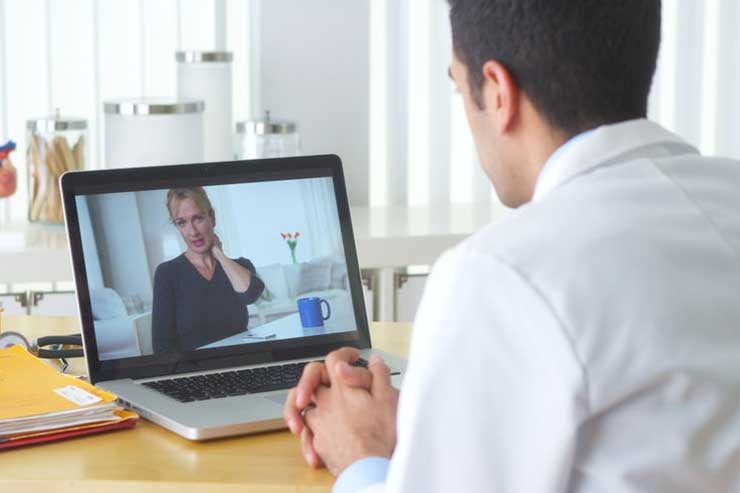
“We want to be mindful of that and that’s what we’ve been saying to our students: here are the indicators of when you’re not in a good place, and here are things you can do to get back to a good place in this social distancing time,” he continued.
Luckily, Comiskey said, this new generation of students is already used to a life lived largely online, and have adapted easily to remote recovery sessions.
Physical health trumps mental health for now
In cities and towns across the world, people are starting to adapt to the reality of a life lived online. Teachers are finding ways to make distance learning work, family dinners and reunions are carried out on Zoom, and countless businesses are starting to realize that maybe all those meetings could have just been emails after all.
But what about people in need, those of us who are trying to put their lives back together and have counted on the warmth and support of a close community of peers? For the rehab and recovery community, the social distance measures put in place to counter the COVID-19 pandemic are creating new challenges — and helping chart the blueprint of a new reality for recovery.
For many facilities, it has meant drastically downsizing their in-patient operations, limiting them only to those who are in dire need or whose lives may be in danger. For mental health and recovery facilities, staff have internalized the risks posed by the coronavirus pandemic — namely, that for patients and staff, physical health trumps mental health. There is no sense trying to solve the latter when the former is in grave danger.
The US Substance Abuse and Mental Health Services Administration (SAMSHA) put out a statement earlier in March that stated that amid the COVID-19 pandemic, “it is essential that behavioral healthcare facilities implement plans to protect patients and staff from infection to the greatest extent possible.”
It goes on to recommend that inpatient facilities should be reserved for people for whom outpatient measures are not an adequate option — such as those with life-threatening mental disorders.
“In these extraordinary times of risks of viral infection, it is recommended that intensive outpatient treatment services be utilized whenever possible,” the statement reads.
SAMSHA goes on to say that it strongly recommends telehealth and/or telephonic services for the evaluation and treatment of patients, including individual and group therapies.
Alcoholics Anonymous goes online
Recovery programs like Narcotics Anonymous have promoted their online operations, while the New York Intergroup Association of Alcoholics Anonymous stated on its website that it will provide help by telephone or chat, as well Zoom and video/telephone meetings that are capable of support groups of 300, 500, and 1,000 participants per meeting.
Dr. Scott Bienenfeld is an addiction psychiatrist who works in New York and New Jersey. Last week, in between Zoom sessions with his patients, he took time to speak with The Cannigma about how social distancing is changing his line of work — at least for the time being.
“I’m pretty burnt out on Zoom meetings, it’s pretty hard staring at screens all day,” Dr. Bienenfeld said. “It’s definitely different than being in person, but it’s pretty good thank God we have it.”
‘This is a collective PTSD and anxiety disorder going on’
Dr. Bienenfeld said that he believes that the lockdowns and the coronavirus anxiety could drive many people in recovery to relapse — and could spur others onto a path towards sobriety.
“People are always at different levels of ready for change and this could be something that catalyzes a person for recovery,” he said.
That said, the stress and anxiety caused by the outbreak could also trigger dangerous behavior.
“We always advise people in recovery to take care of yourself from a biological, psychological, and social perspective and try to live a life that is low stress when you’re trying to get better,” Dr. Bienenfeld explained. “This is high stress and this is going to kick in so many triggers for people to use drugs. This is a collective PTSD and anxiety disorder going on, for sure.”
He said there is real fear now for people who could face a great risk of infection if they are in inpatient rehabilitation programs, but could also be in great risk if they are turned out to the street.
“It’s a real risk benefit analysis because rapidly cutting off people from addiction treatment will have dire consequences too, people will die because of that for sure,” said Dr. Bienenfeld.
Moving in the direction of outpatient treatment beyond COVID-19
Regardless, there isn’t a one-size-fits-all recipe for addiction recovery, and while the loss of in-person support groups could have dire consequences for many people, that’s not always the case.
“Some people do better one-on-one [in treatment] anyway,” Dr. Bienenfeld said adding that the current situation will start to test the efficacy of outpatient addiction treatment. Some addiction treatment has already been moving in that direction because, “while inpatient rehab can be really helpful for some people, the bigger problem happens when they come home anyway and they have to continue as an outpatient.”
Bienenfeld is confident that treatment can be carried out remotely
“I can only assume that it will change so many things. I think people might have a lower threshold to just jump on an online forum to find help that way than they would have before. This is definitely changing that culture, whether it works as well that’s for literature or research I don’t have an answer for that.”
Sign up for bi-weekly updates, packed full of cannabis education, recipes, and tips. Your inbox will love it.

 Shop
Shop Support
Support